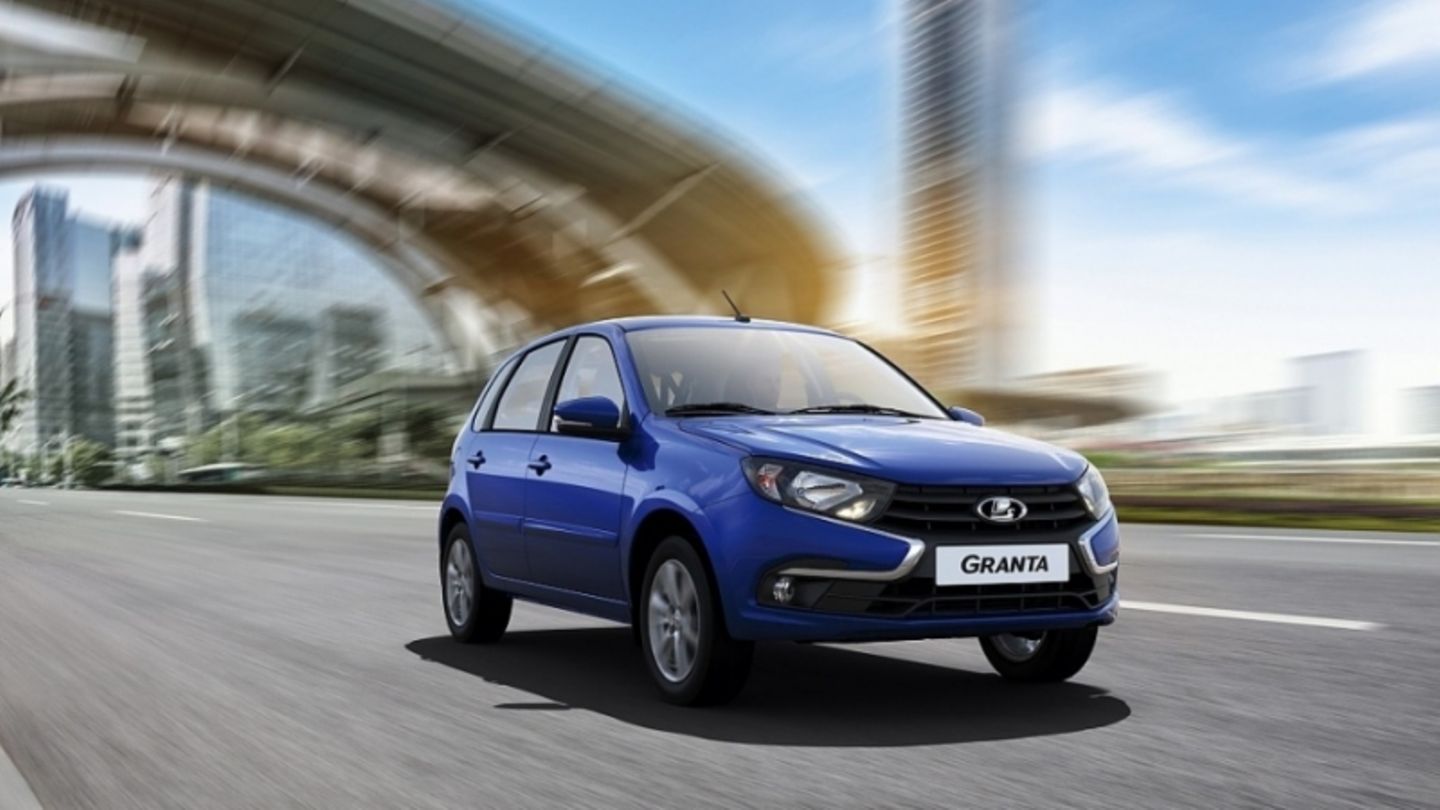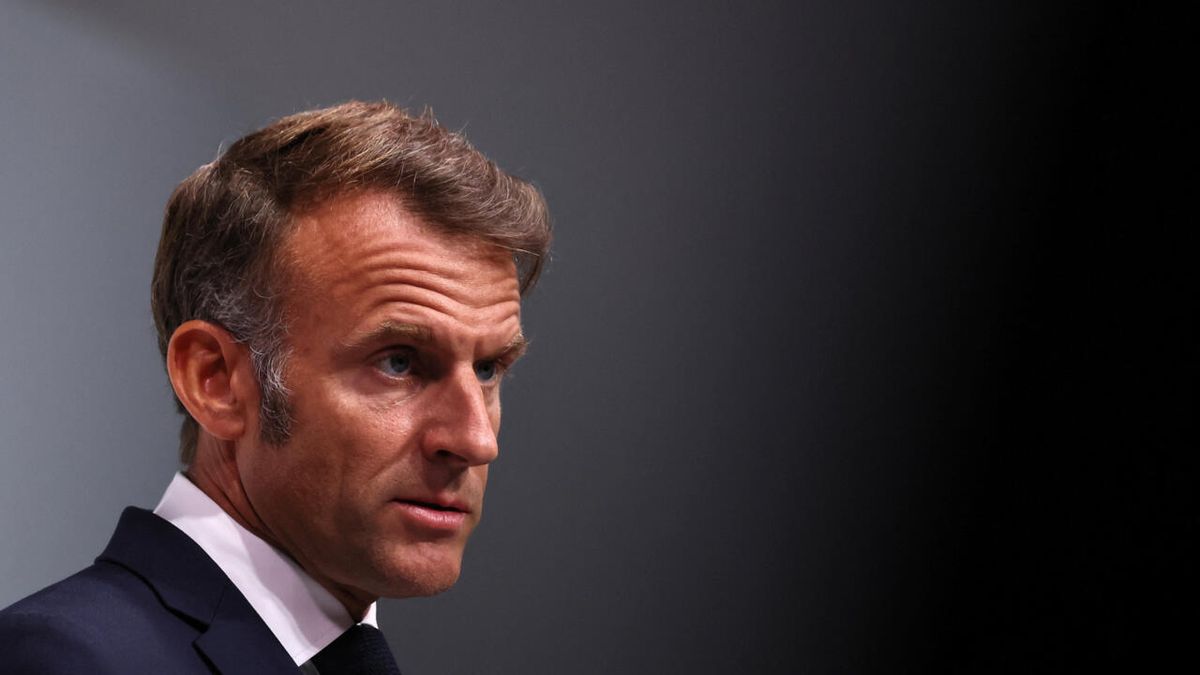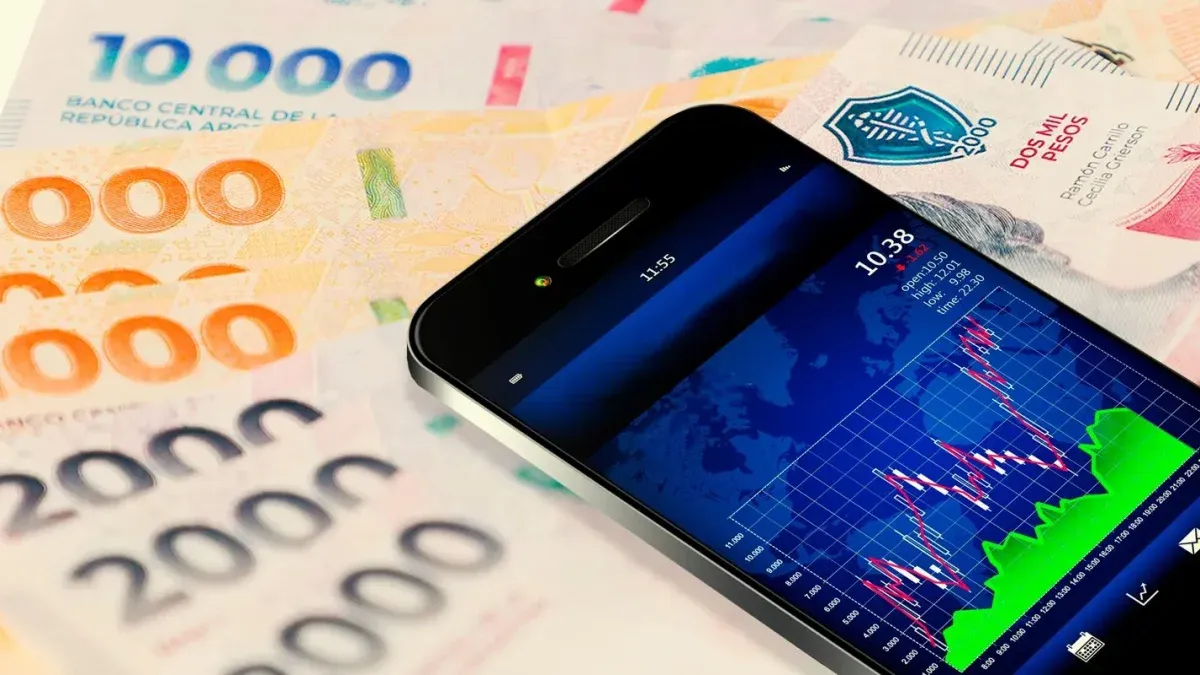How hard are the economic sanctions against Russia hitting car manufacturers? The Renault Group and Hyundai/Kia are hit the hardest. The German car manufacturers get off with a black eye.
An armed conflict is raging in Ukraine. In a bid to put an end to the violent confrontation, the EU, the US and several other countries are imposing sanctions on Russia that are intended to hit the big country’s economy to the core. It’s about banking, the end of gas and energy purchases and the freezing of private assets. But Russia’s President Vladimir Putin apparently planned the attack well in advance and has already built up large financial reserves. But sanctions, whether they are effective or not, always have a downside, because they also affect your own economy. However, only two percent of German exports go to Russia, including cars. German bodies are still very popular in Putin’s empire.
“For a long time, Russia will not be an important sales market and production location for the automotive industry. The concrete effects of the war and the upcoming sanctions cannot yet be precisely foreseen. However, the fixed assets of car manufacturers and suppliers in Russia are likely to lose considerable value. The car industry will for not make any relevant investments in Russia for many years. However, considerable indirect consequences for the automotive industry in Germany and Europe are also to be expected. In the next few years, not least due to the rise in energy and mineral oil prices, the costs for automobile production and for the car use is increasing,” states Professor Stefan Bratzel, Director of the Center of Automotive Management (CAM).
Ten years ago, Russia was considered an important future market with 2.8 million cars sold per year. But the Russian car spring was only a mild summer. The Russian car market has been stagnating since 2015 with 1.4 to 1.8 million cars sold per year; last year it was around 1.67 million cars and light commercial vehicles. This means that the largest country in the world only ranks eighth in the global automotive markets after South Korea and ahead of France.
The German car manufacturers will feel the economic sanctions, but others will be hit much harder. Of the German manufacturers, the Volkswagen Group is the most active in Russia with a market share of twelve percent or 204,000 vehicles. But in the global multi-brand empire of the Lower Saxony group, Russia is only an economic sideshow. “However, since the market relevance of Russia for Volkswagen is only two percent, the negative direct sales effects, similar to BMW and Mercedes-Benz, can be assessed as moderate,” analyzes Stefan Bratzel. With 49,000 vehicles sold per year (BMW) and 50,000 units per year (Mercedes), the two German premium brands hold a market share of three percent. In view of the worldwide sales of both car manufacturers, which sold well over two million cars in 2021, these volumes are bearable.
The situation is different at Hyundai/Kia and the Renault Group. “Renault-Nissan-Mitsubishi is economically hardest hit due to the high sales shares of the group and the Russian subsidiary Avtovaz,” says Bratzel. The figures confirm the expert’s estimates: Avtovaz (Lada) sold around 351,000 vehicles in 2021, while the Renault-Nissan-Mitsubishi Alliance sold around 212,000 vehicles. The Renault Group is targeting an operating margin of 4% or more and operating free cash flow for the automotive sector of at least €1 billion in 2022. In view of current events, these goals could be shaken. Hyundai/Kia are also successful in Russia; the two Korean brands sold around 380,000 vehicles last year. That should change.
The import-export balance makes the automotive one-way street clear. While Russia exported less than 50,000 cars in the pre-corona year 2019 and the entire Russian automotive industry had an export value of around 3.3 billion US dollars, the import value was 20 billion US dollars. Tough sanctions have an impact on the supply chain of car manufacturers. Here, too, the Renault Group, which operates several plants in Russia, is particularly affected. But Volkswagen and other car manufacturers also operate factories in the large country, but they are dependent on parts from abroad. As soon as the sanctions hammer falls, production is likely to falter and eventually dry up. However, the Russian plants play a subordinate role in the global VW factory network. The same applies to the Ukraine and Russia as suppliers. Nevertheless, the global supply chains are so complex that even the smallest disruption can have a noticeable impact on the European plants. Especially since the structure is currently very fragile anyway due to the chip crisis.
Source: Stern
I am a 24-year-old writer and journalist who has been working in the news industry for the past two years. I write primarily about market news, so if you’re looking for insights into what’s going on in the stock market or economic indicators, you’ve come to the right place. I also dabble in writing articles on lifestyle trends and pop culture news.




